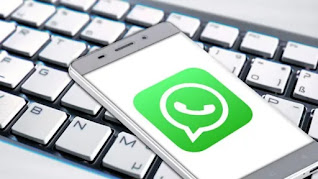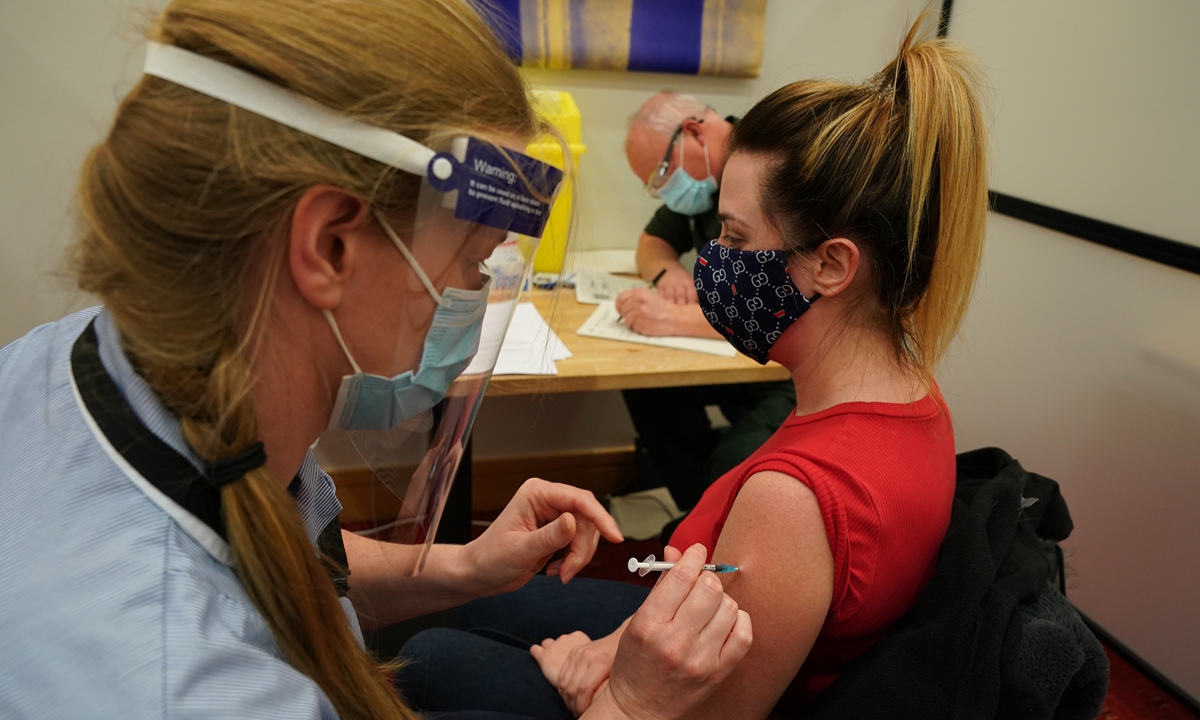Bothered by the background noise of Zoom calls? Here’s how to block it out
 Block the background racket on Zoom calls by using noise-cancelling software
instead of noise-canceling microphones. — Dreamstime/TNS
Block the background racket on Zoom calls by using noise-cancelling software
instead of noise-canceling microphones. — Dreamstime/TNS
 |
Teachers on Zoom calls with students ages five to eight who are at home or in daycare might find this a familiar bugbear: the sounds of other children, siblings, parents and barking dogs.
The students have noise-canceling headphones that block the noise for them, but not so much the teachers.
In addition, some students use iPads that have a plug for their headphones but no plug for a noise-cancelling external microphone (headphones that include microphones are expensive).
If this is what you’re facing, block the background racket by using noise-cancelling software instead of noise-canceling microphones.
There are two types of this software: The Zoom video call app, which has controls for cancelling out background noise at the student’s end of the conversation, and third-party programs for your computer that cancel out student background noise before the sound plays through your computer’s speaker.
In order to use the Zoom noise-cancelling feature, your students must connect to the call via the Zoom app on their iPads (as opposed to connecting without the app through the Zoom website).
In addition, an adult must examine the app’s settings to make sure they aren’t set to “original sound”, which means background noise is not filtered out. Toggling off “original sound” automatically turns on background noise cancellation. (For directions, clic here.)
Unfortunately, the noise-cancellation feature in the iPad Zoom app has its limits. Unlike the computer app, the iPad app doesn’t let you adjust to block specific types of sounds. It also doesn’t allow noise cancellation to be increased or decreased.
A better solution may be to download a third-party noise-cancellation program to the PC or Mac that you use for Zoom sessions. The app most suited to your needs is probably Krisp, which can filter out student background noise before you hear it. Krisp is free to use for up to 120 minutes a week; unlimited use costs US$5 (RM20) a month. (See details here and downloads here). – Star Tribune (Minneapolis)/Tribune News Service










